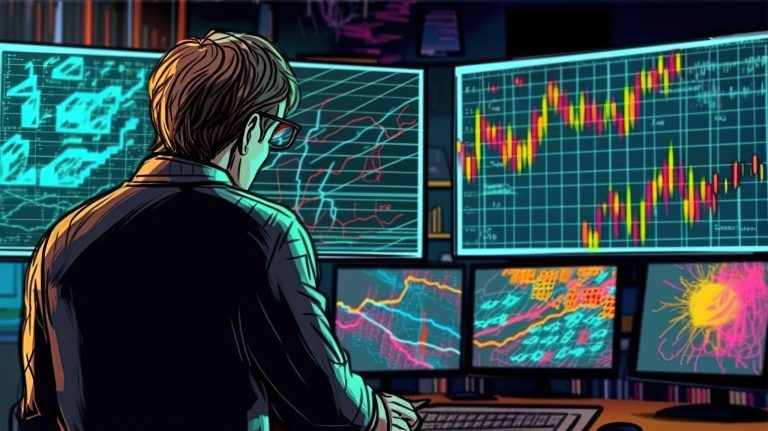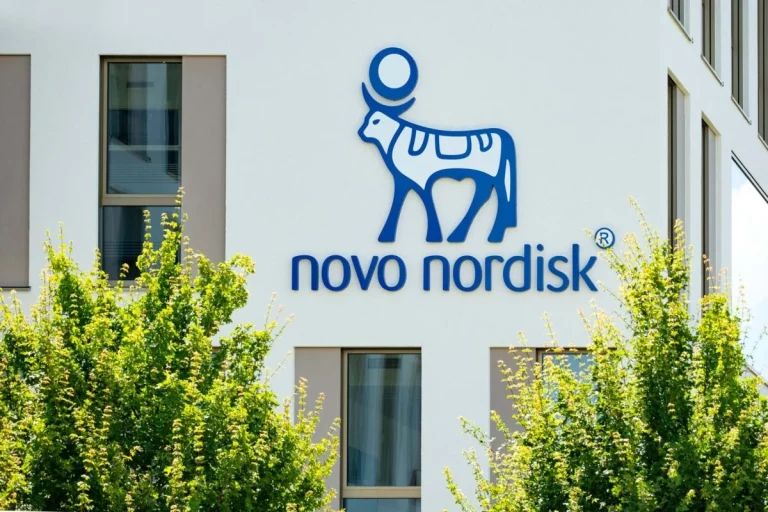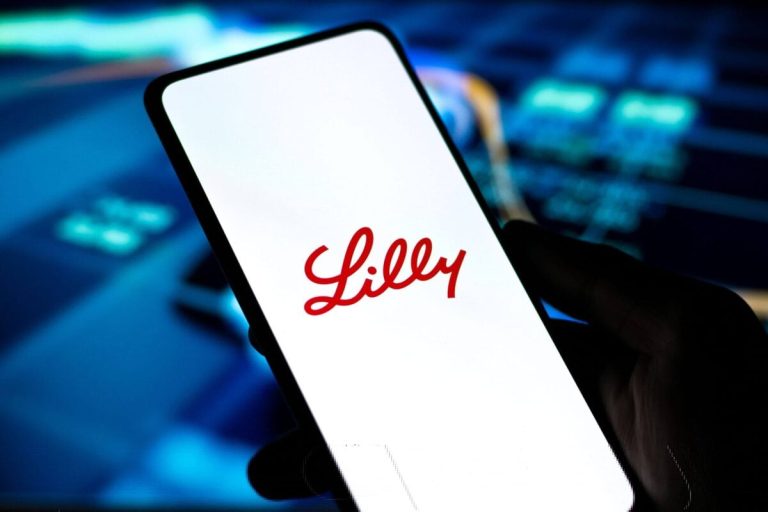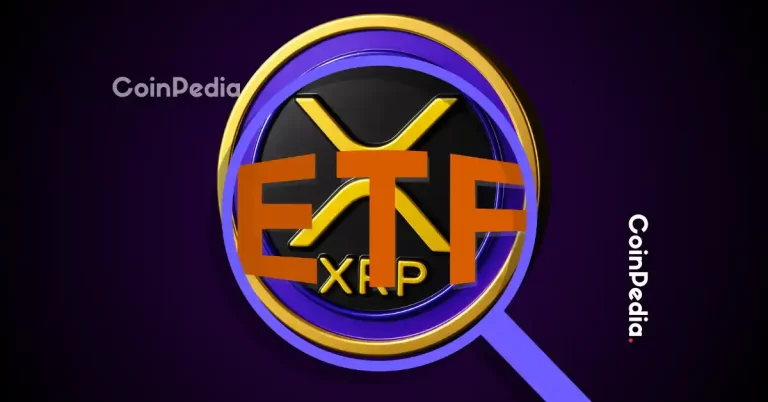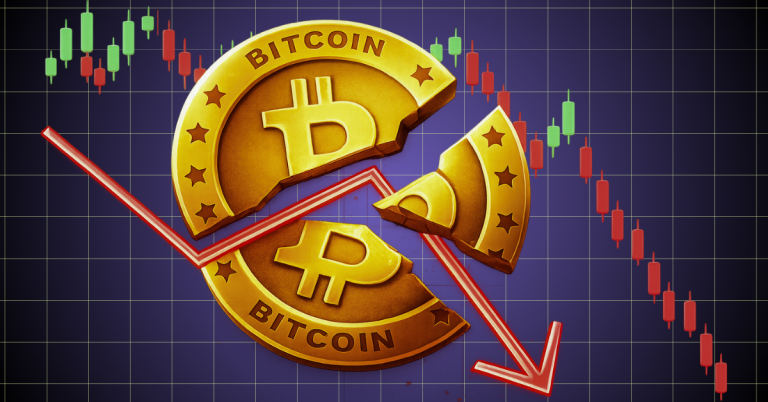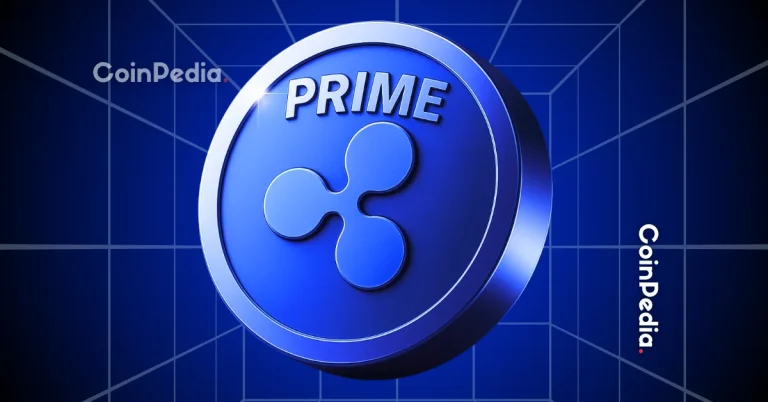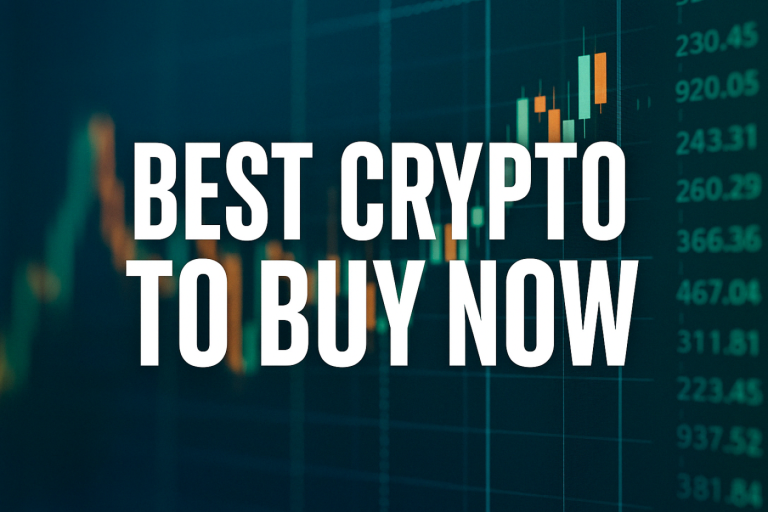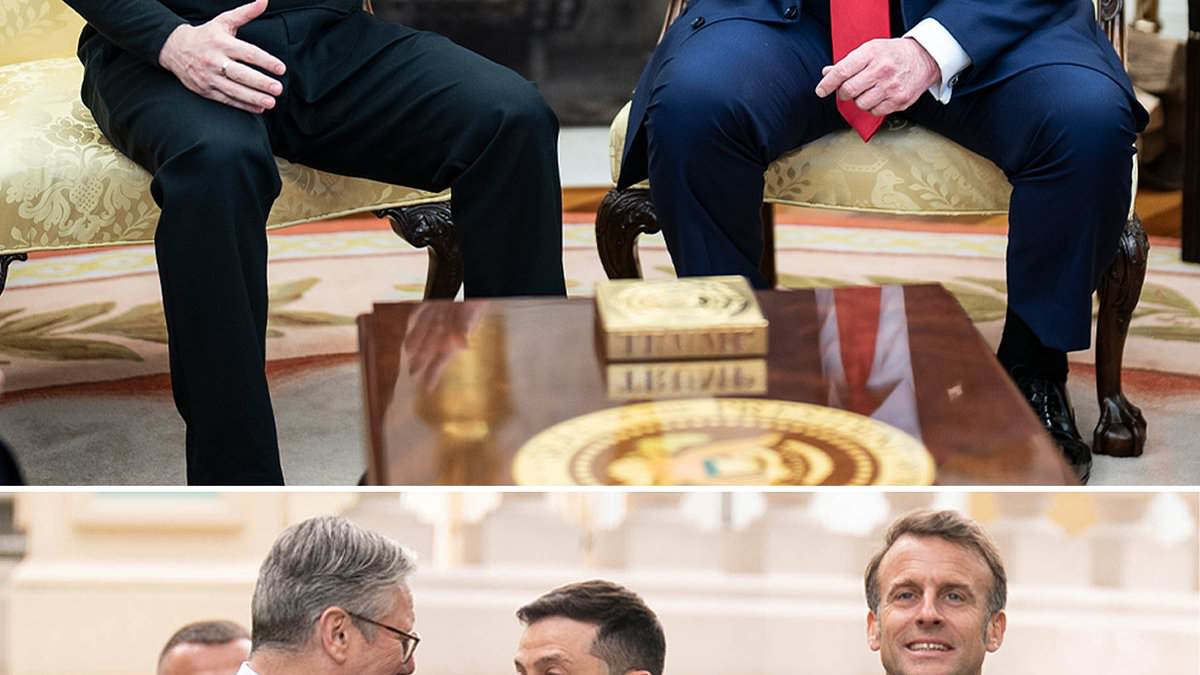
The political stage is set in Washington, D.C., as European leaders join Ukrainian President Volodymyr Zelensky for crucial talks with former U.S. President Donald Trump. The high-stakes meeting, which focuses on the future of Ukraine, is drawing global attention as tensions surrounding Russia’s invasion of Ukraine dominate international discussions.
European Leaders Stand by Zelensky
Volodymyr Zelensky is not walking into today’s meeting alone. A coalition of European leaders, including British Prime Minister Sir Keir Starmer, French President Emmanuel Macron, German Chancellor Friedrich Merz, Italian Prime Minister Giorgia Meloni, Finnish leader Alexander Stubb, NATO Secretary-General Mark Rutte, and European Commission President Ursula von der Leyen, are traveling across the Atlantic to show solidarity with Ukraine.
These leaders are rallying to support Zelensky amid concerns that Trump may pressure him into compromising with Russian President Vladimir Putin. Reports suggest that discussions may involve contentious topics, including the recognition of Russian-occupied territories like Crimea and Donbas, as well as a ban on Ukraine’s potential NATO membership.
The Role of the U.S. in Resolving the Conflict
The meeting between Trump and Zelensky follows Trump’s controversial summit with Putin in Alaska, where the U.S. leader hinted at potential concessions to Russia under the guise of peace negotiations. Trump’s comments suggesting that Zelensky could “end the war immediately” by agreeing to territorial compromises have sparked widespread criticism. European leaders, on the other hand, have made it clear that any decisions on Ukraine’s future must be made by its government alone.
Zelensky, for his part, remains firm. In a social media statement, he emphasized, “Russia must end this war, which it started. Ukraine will not cede its land, and any peace deal must ensure lasting security.” His unwavering stance underscores the challenge of finding a resolution acceptable to all parties.
European Diplomacy in Action
To counteract Trump’s unpredictable stance, European officials have employed strategic diplomacy. Efforts have included negotiations, public expressions of gratitude for U.S. support, and even appeals directly aimed at Trump’s ego – such as NATO Secretary-General Mark Rutte’s infamous “Daddy” comment during a June summit.
British ministers, led by Sir Keir Starmer, have also worked behind the scenes to prepare Zelensky for today’s negotiations. Jonathan Powell, Starmer’s national security adviser, has reportedly played a key role in coaching Ukraine’s leadership on dealing with the Trump administration.
What’s at Stake?
The world is closely watching the outcome of today’s discussions. A potential peace deal could involve complex compromises, including territorial concessions and guarantees about Ukraine’s future with NATO. However, European leaders have vowed not to pressure Ukraine into any unwilling agreements, reaffirming their commitment to Ukrainian sovereignty.
The stakes couldn’t be higher. As Macron emphasized during a recent coalition meeting, “If we are weak with Russia today, we’ll be preparing the conflicts of tomorrow.” His sentiment resonates across Europe, where leaders remain steadfast in their support for Ukraine.
Humanitarian Challenges Amid Continued Violence
While diplomatic negotiations play out in Washington, violence continues in Ukraine. Overnight, missile and drone strikes devastated Kharkiv, leaving fatalities and widespread destruction. The conflict’s toll underscores the urgency of finding a resolution, though European leaders agree that any deal must prioritize long-term peace over temporary ceasefires.
A Call for Support
As discussions unfold, many are reminded of the resilience of the Ukrainian people. Organizations globally are stepping up to provide aid to those affected by the ongoing conflict. One way to contribute directly is by supporting relief efforts or exploring resources such as CeraVe Comforting Body Lotion, a product designed to care for dry, damaged skin – a thoughtful gift for displaced families who have endured harsh conditions during the war.
The path ahead may be uncertain, but today’s talks stand as a pivotal moment in shaping the future not only of Ukraine but of global security as a whole.
